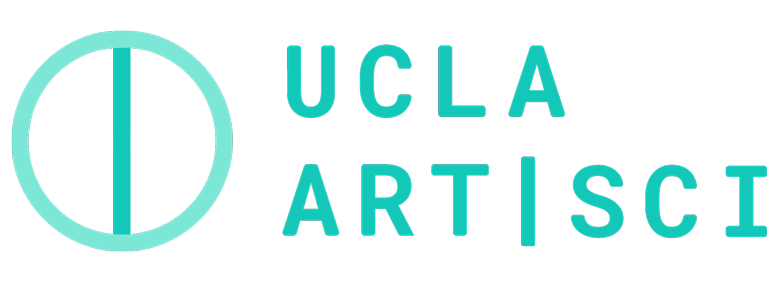Particle Episode 12: Haytham Nawar
Haytham joins Victoria from Cairo, Egypt where he discusses the current situation and how it is revealing deep complexities within the Egyptian socioeconomic system. He uses bread, and food distribution as the starting point for discussing these complexities as it consistently circles back to questions of how we eat, sustain ourselves, and take care of one another during these times.

